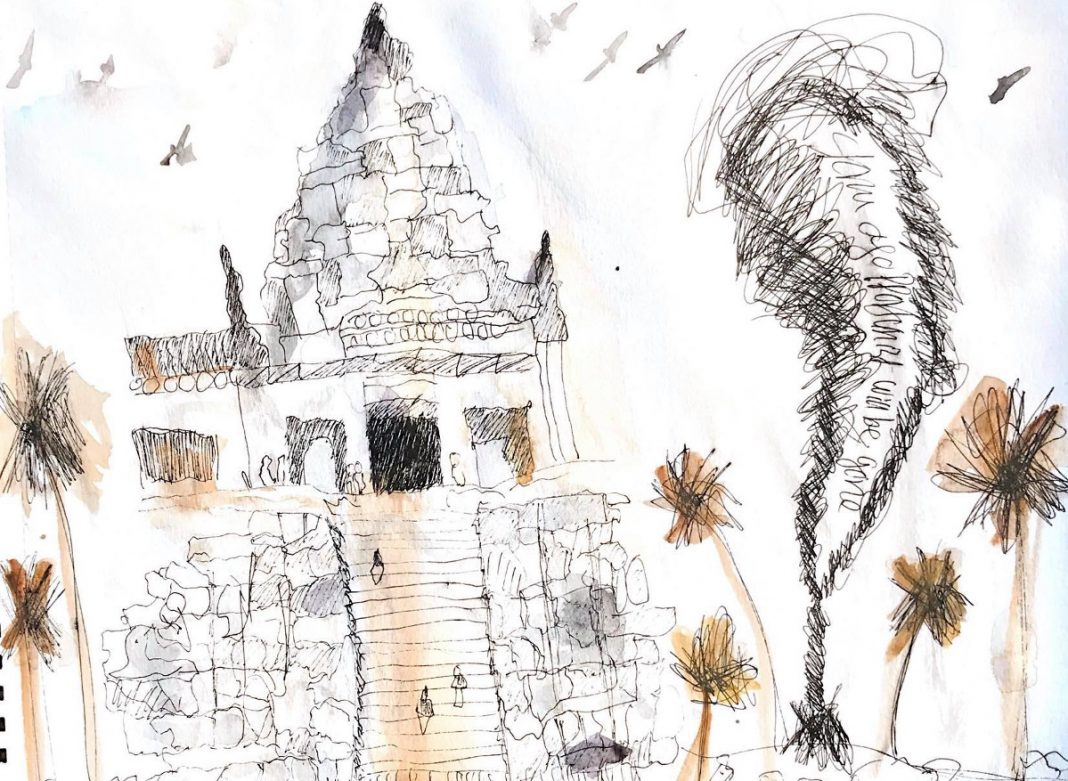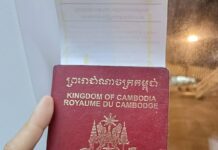Once upon a time, there was a rumor about “holy green beans” that spread throughout the kingdom. According to this tale, “Everyone must eat green beans before sunrise or die” from SARS, a well-known flu that killed many people in Asia.
The tale spread by word of mouth and, with no opportunity for seeking the truth, the whole kingdom recklessly bought green beans and consumed them in different ways at a very high and unbelievable price.
This idea was originally claimed as true by an opportunist group — those who wanted to make a fortune overnight by selling the holy green beans, and they successfully did it.
The claim was later proved to be false by local experts and the state. But the public was so happy to be free of the virus, even if they had spent big amounts of cash for non-magical green beans and had scared themselves nearly to death.
Almost a decade later, the opportunists haunted the kingdom again with a story of the “Hungry Ghost,” representing the spirits of the hundreds of victims who lost their lives on a bridge during a tragic stampede during the kingdom’s annual Water Festival.
It was spiritually believed that those hungry spirits were soul reapers who came to harm those who had the weakest energy, to take their places and become reincarnated. To chase the spirits and bad luck away, one must pray for seven days in a row.
Spiritual propaganda coupled with a cunning marketing strategy added up to a perfect lie for people who believe in spiritualism and animism. The kingdom once again was scammed by opportunist groups selling bananas and praying materials to worship the spirits at a golden price.
The story was proved wrong when those goods sold out and yet no one was killed from not praying to the fictional soul reapers.
Just recently, the city was disturbed again by a storm of a disease called the “Coronavirus,” originating from China and causing respiratory infections, fevers, coughing, shortness of breath and breathing difficulties.
Whenever the city is in chaos, it is the perfect time for opportunists to play the game again. This time, the game is called “The Golden Mask,” in which opportunists sell protective masks at a golden price, as one of the fundamental protections for people against the virus. But this time, the opportunists no longer have absolute power in the game.
Thankfully to the new actors — technology and the digital age — the kingdom was introduced to a better way of communication and understanding the game. People in the kingdom can search for whatever they want, communicate and share information far across the ocean to one another within a few seconds. This is a positive sign for the kingdom since news and information can be spread to the people faster and wider. Likewise, opportunists somehow did not last long in the “The Golden Mask” game.
On the other hand, the opportunist groups also belong to the kingdom; no doubt they will also benefit from this revolution, meaning this new way of communication also comes with many drawbacks. Namely, digital insecurity and fake news are really dangerous for the kingdom, and provides a new, smooth platform for opportunists.
Moral of the story:
- Your positive actions can change the world, but don’t let the world change your positive actions.
- Think before you believe, and double-think before you share.
- Technology and the digital age is a knife with two faces.
- If you feel that you can relate to the story, you might hold citizenship to this kingdom.









